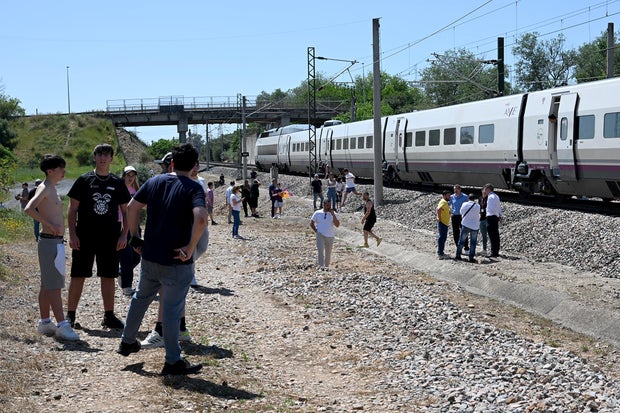Massive Power Outage Affects Spain and Portugal
A significant power outage struck large areas of Spain and Portugal on Monday, creating widespread disruptions in essential services and transportation across the Iberian Peninsula.
The Outage Unfolds
Spanish power distributor Red Eléctrica announced that the restoration process could take as long as 10 hours. By evening, approximately 35% of Spain’s power capacity had been restored. Meanwhile, Lisbon faced continued blackouts, although power was restored to about 750,000 customers in Portugal, according to the country’s grid operator REN.
Impact on Daily Life
The outage severely impacted urban life, especially in the Spanish capital, Madrid. Subways and rail services were halted, leading to traffic congestion as many traffic lights were non-operational. In addition, mobile phone services were disrupted, though some applications remained usable. Similar scenes played out in Barcelona, where residents sought out battery-operated radios and traffic was manually directed by citizens.
Possible Causes and Official Reactions
Spain’s Prime Minister Pedro Sánchez indicated that a “strong oscillation” in the European grid was a potential contributor, but the investigation remains ongoing. He urged the public to avoid speculation about the causes. REN attributed the blackout to a rare atmospheric phenomenon caused by extreme temperature fluctuations in Spain, clarifying there was no indication of a cyberattack from the Portuguese National Cybersecurity Center.
Emergency Measures and Coordination
Power was being supplemented from Morocco and France to restore electricity, with plans to increase output from hydroelectric and combined cycle plants in Spain. Both Sánchez and Portuguese Prime Minister Luis Montenegro convened emergency meetings with their respective cabinets to address the crisis.
Regional Responses
As parts of northern and southern Spain gradually began to regain power, the outage was particularly alarming given its scale—affecting a combined population of approximately 60 million people. Some areas in Spain’s Canary Islands and Balearic Islands remained unaffected. Emergency services switched to backup generators, and hospitals faced greater operational challenges.
Transportation Disruptions
Affected services included major airports, where backup power systems were in place, though many flights were delayed. By early afternoon, reports revealed that around 27,500 megawatts dropped to nearly 15,000 megawatts, indicating a severe decline in electricity demand that coincided with the blackout.
Conclusion
The unprecedented event serves as a reminder of the vulnerabilities of electrical infrastructure in Europe. As the situation develops, authorities remain vigilant in restoring normalcy, and further assessments are underway to ensure the reliability of the power grid going forward.


